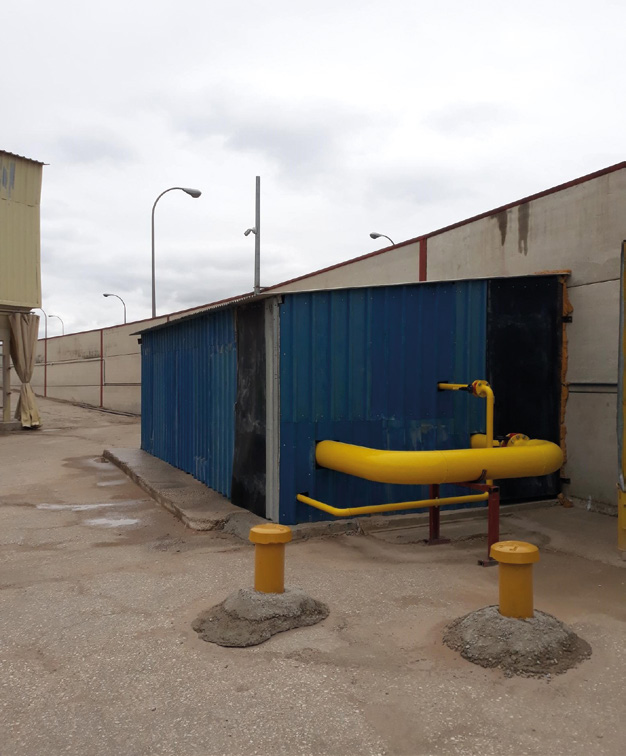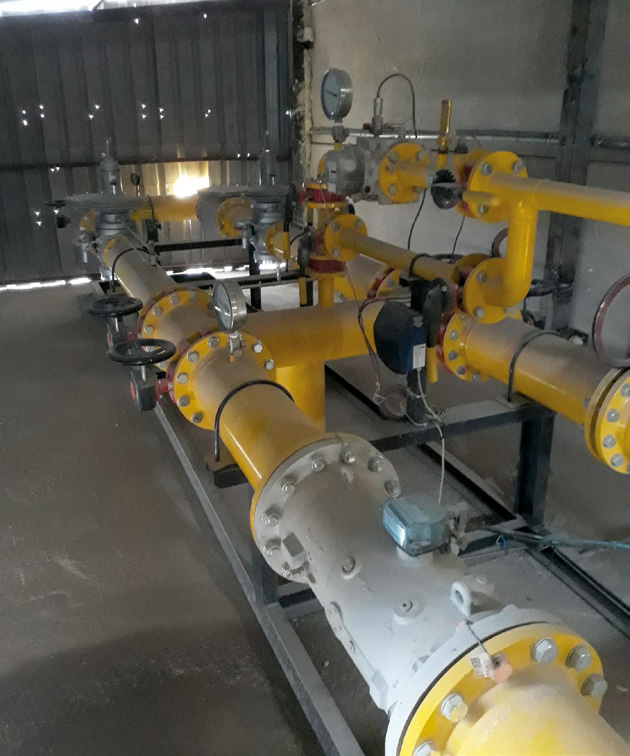Vicálvaro plant for the manufacture of asphalt concrete and concrete
Description of the Environmental Measure
Problem detected:
FCC Construcción has an asphalt concrete manufacturing plant located in Vicálvaro (Madrid). The production of the factory, which is applied in plans involving municipal asphalting, urbanizations or construction and maintenance of roads, among others, is used in the company’s own works and is also supplied to clients. The fuel used for manufacturing was fuel oil, which entailed a high economic and environmental cost, since its ratio of greenhouse gas emissions per ton of asphalt agglomerate produced is higher than that of other fuels. In addition, it is also important to point out that the use of recycled fuel led to mechanical problems in the machinery, which reduced its useful life.
Solutions adopted:
Pursuing the dual objective of minimizing technical problems and reducing the carbon footprint of the agglomerate produced, a decision was taken to replace the fossil fuels used to date (both fuel oil and diesel) with natural gas from the supply network, which had already been installed in the Vicálvaro Industrial Estate. Natural gas entails, compared to fuel oil and gas oil, lower greenhouse gas emissions (CO2, NOx, SO2 y CH4), and absence of any kind of impurities and residues, which rules out any emission of solid particles, soot, smoke, etc.
Results:
The cost of the installation necessary to make the transition to natural gas has not been excessive and, furthermore, is compensated by savings in fuel used for the manufacture of asphalt agglomerate, as well as in the maintenance needs of machinery. However, in addition to the reduction in resource consumption and the increase in equipment efficiency, the most important thing for FCC Construcción is that the use of the new fuel means a notable reduction in greenhouse gas emissions, thereby helping to minimize our impact on global warming and, therefore, on the process of climate change.










